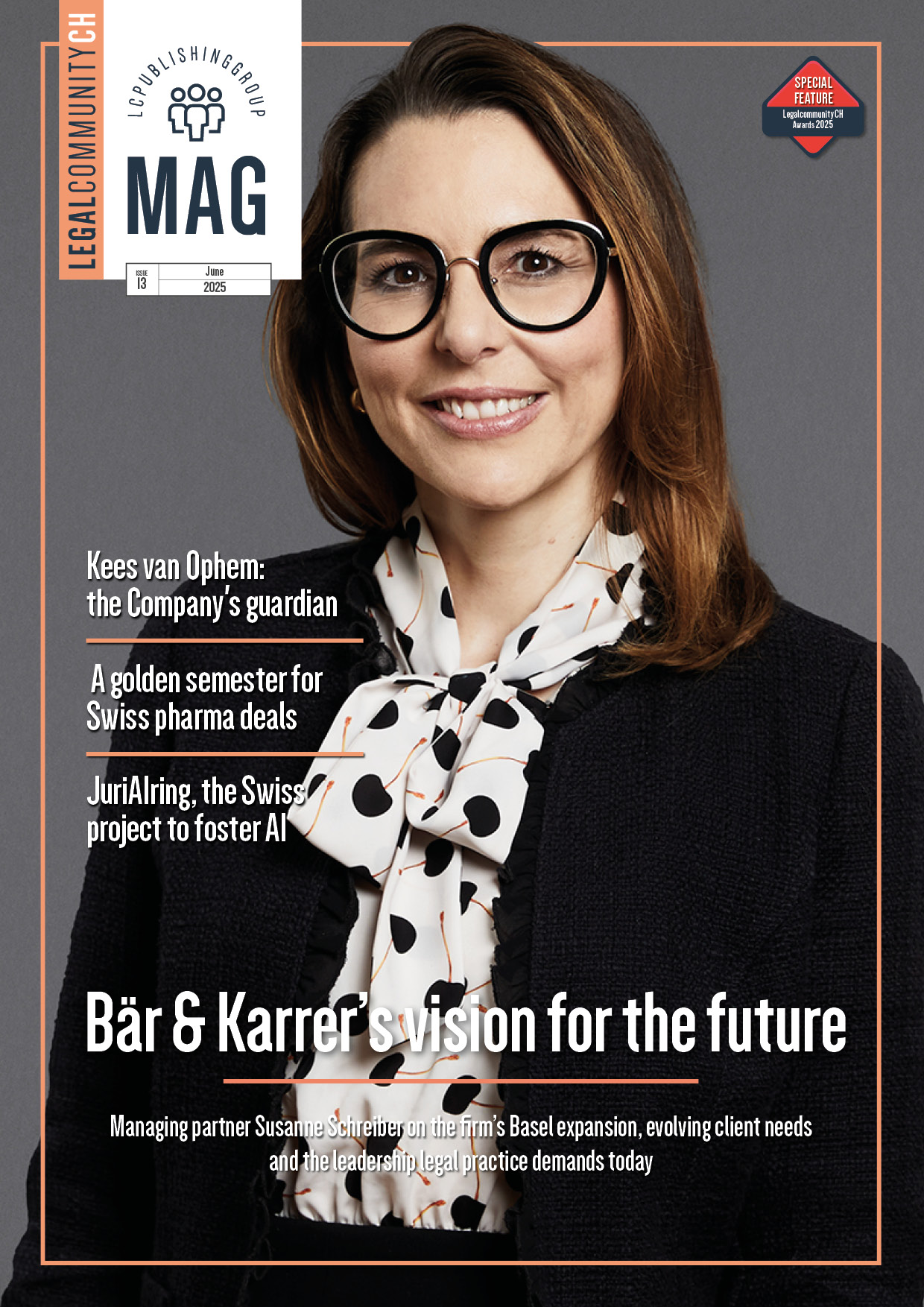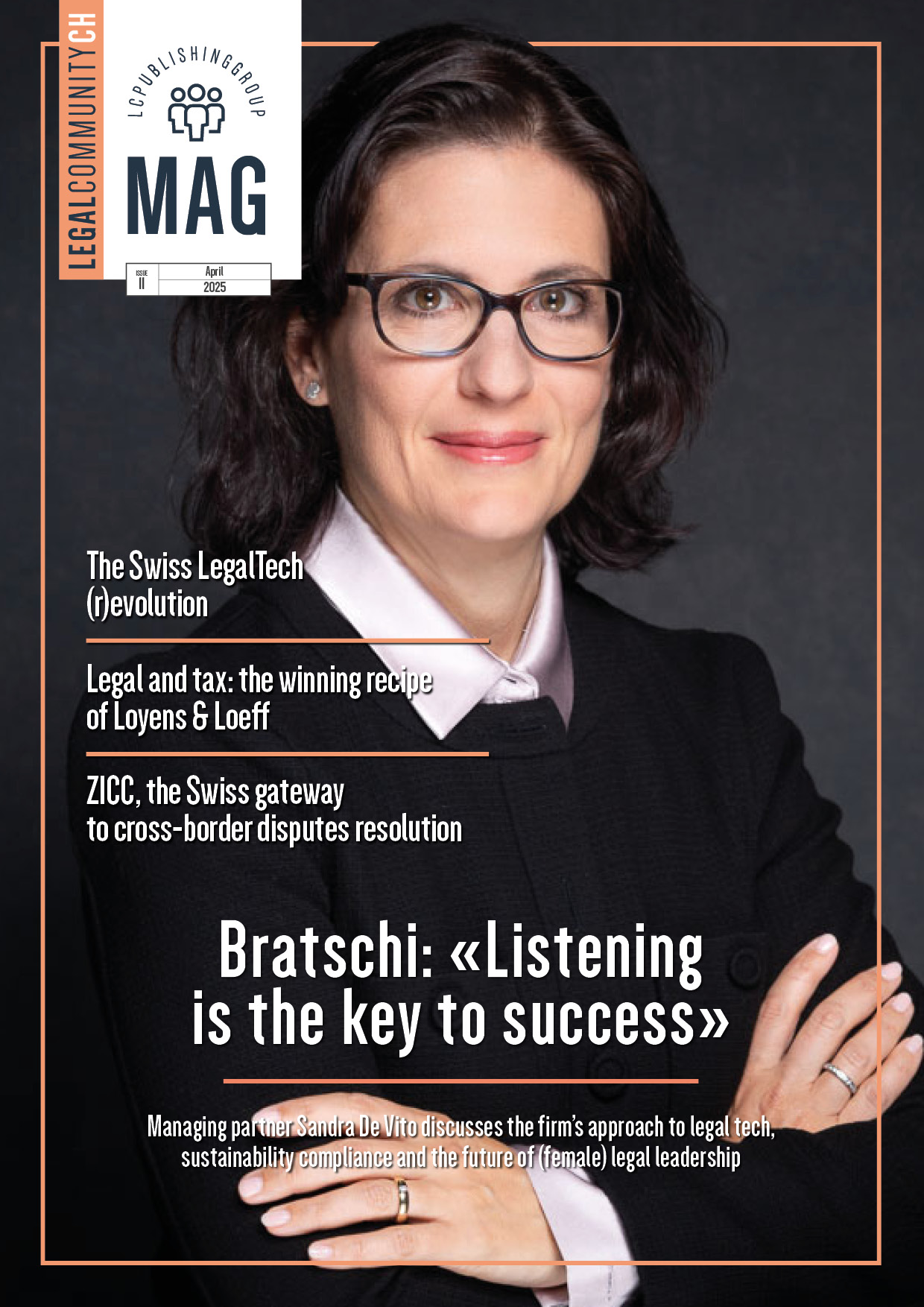The importance of being “small”
Dominig Rogger, Managing partner at Pontinova Law shares how a boutique-approach together with cutting-edge technology and ability to empower models that encourage independent practice among lawyers can boost creativity and a new, factual approach to the legal profession
by claudia la via
In a market often dominated by large, international law firms, boutique firms have carved out a unique space, prioritizing specialization, client-centric approaches, and high-quality service over sheer scale. Pontinova Law, based in Zurich and Abu Dhabi, exemplifies this model with a strong emphasis on cross-border expertise and a personal touch that resonates across industries. At its helm is Dominic Rogger, managing partner and specialist in FinTech, blockchain, and financial market law. Rogger brings a depth of knowledge and creative problem-solving to legal challenges at the intersection of traditional financial services and cutting-edge technology.
He also recently co-founded beavr, an AI-powered legal tech startup, which aims to revolutionize the legal field by automating essential workflows, empowering legal professionals to streamline complex tasks while maintaining full control over the quality and accuracy of their work. “Automation must empower legal professionals, not sideline them”, emphasizes Rogger confirming his vision for a future where AI enhances the legal profession without replacing its human expertise and the “one-to-one” approach. In this exclusive interview with MAG, Rogger highlights the values of being a boutique law firm with a “glocal” vision and an eye on innovation.
Pontinova is a boutique law firm specializing in international legal advice at the interface between Germany, Switzerland, and the United Arab Emirates. What are the key aspects of your business?
At Pontinova, we’re committed to bridging complex cross-border legal matters for our clients, particularly within fintech, blockchain, and mergers and acquisitions. Our mission is to be the “bridge to your legal solutions,” combining regulatory knowledge and innovative strategies to navigate the fast-evolving financial and technological landscape.
What are the positive aspects and main challenges of being a boutique law firm in your country and in an international context?
Operating as a boutique firm allows us to deliver highly specialized, personalized services. Flexibility and quick adaptability are essential, and they enable us to meet client needs efficiently, even for large-scale international projects. The biggest challenge we face is balancing our tailored approach while handling the demands of global projects and competing with the resources of large international firms.
In your core business, how important is competition with international and global law firms?
We focus on niche expertise and keeping a close eye on regulatory changes. Rather than competing with large firms on scale, we prioritize strategic partnerships and personalized client engagement. Our clients value our dedication to specialized service over broader, less tailored offerings.
















